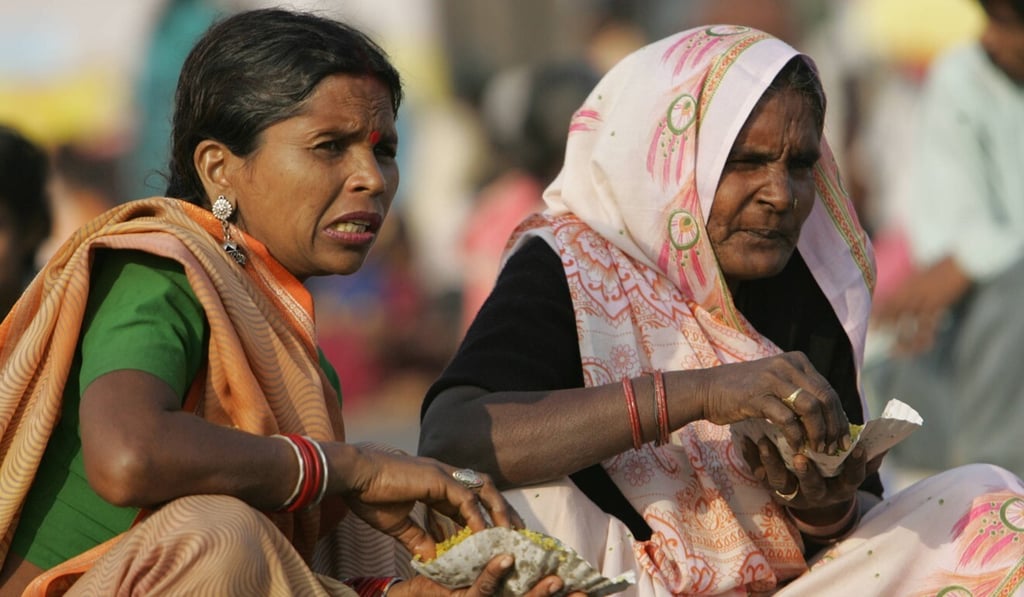India’s lower-caste Dalit women raped ‘to keep them in their place’: report
- Rights groups say men from dominant castes frequently use sexual violence against Dalits as a weapon to reinforce caste and gender hierarchies
- Police often fail to record or investigate such crimes, the groups say, and are sometimes abusive or put pressure on survivors to drop cases

Only 10 per cent of 40 rape cases involving Dalit women and girls in Haryana state ended with the conviction of all those charged, and these involved murder or victims under the age of six, found two rights groups, Equality Now and the Swabhiman Society.
In almost 60 per cent of cases, the survivor withdrew her case and accepted a “compromise” settlement outside the legal system, usually after unofficial village councils, or Khap Panchayats, coerced the women to abandon their quest for justice, they said in a report on Wednesday.
I was forced to marry my rapist and then tortured by the family
“Survivors are threatened, face violence, their families are ostracised and there is extreme pressure to stay silent,” said Manisha Mashaal, founder of the Dalit rights group, Swabhiman Society.
“To access justice, survivors have to put their lives at risk and endanger their families as well.”
Haryana’s director general of police Manoj Yadava said that he was unaware of the report, adding that they had a “zero tolerance” policy to crimes against women in the state.

The rights groups said men from dominant castes frequently use sexual violence as a weapon to reinforce caste and gender hierarchies, which place India’s 200 million Dalits on the lowest rung of an ancient caste hierarchy.